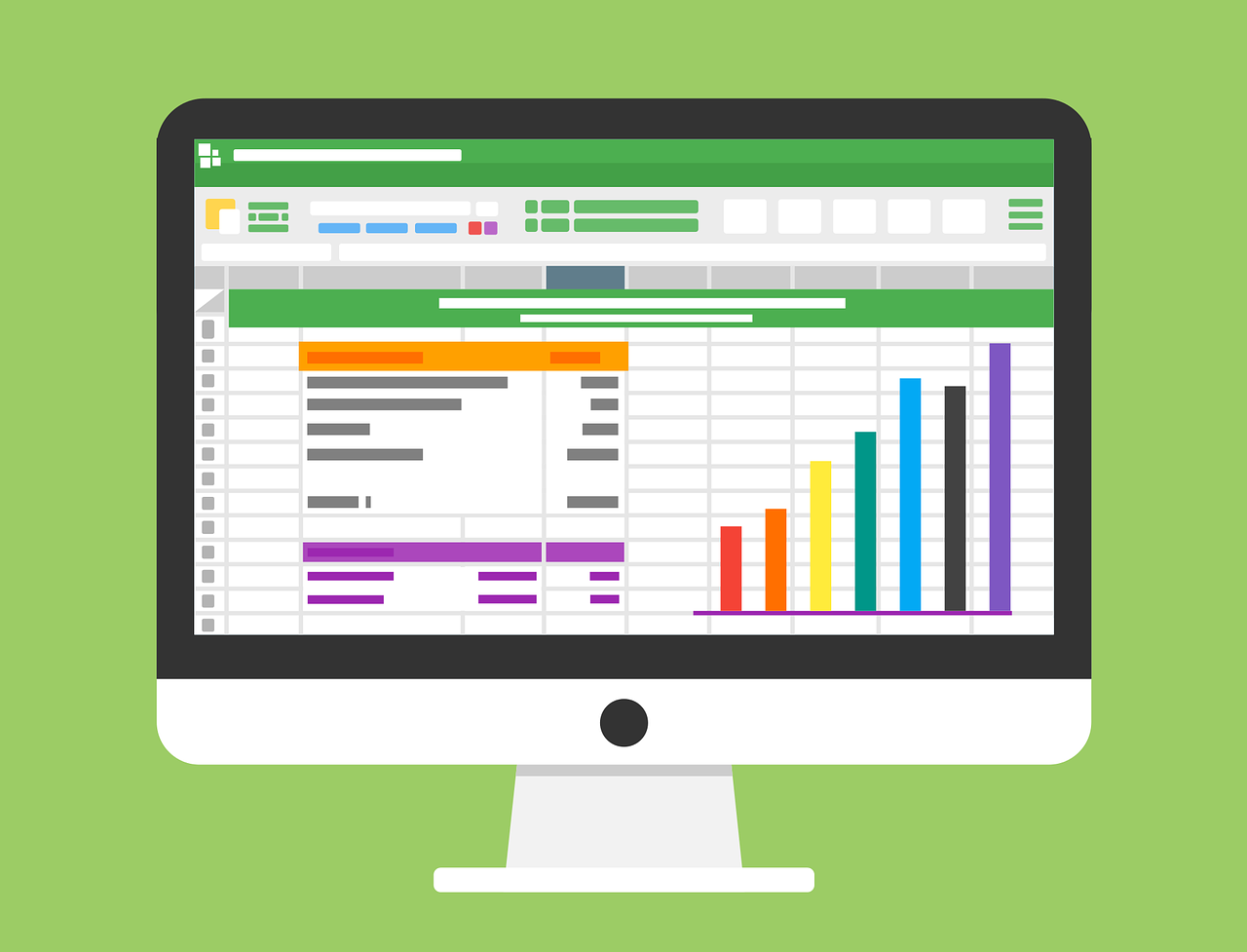Fleet Managers: Best Practices for End-of-Period Reporting

Fleet managers are tasked with keeping their operation on-budget and on-schedule to hit company goals and Key Performance Indicators (KPIs). To do this, managers need to monitor specific data from their fleet throughout the year, at designated periods.
Get tips on what data fleet managers should consider monitoring at end-of-period to ensure the operation is tracking towards its overall goals.
Work Orders: Fleet managers can track their fleet’s productivity at the end of each period by pulling reports on Work Orders. These reports can help determine how many Work Orders are completed and how many are still in-progress.
Labor Hours: Managers can track labor hours each period to determine how many total hours were tallied by their staff. This can help with budgeting, and also provide insight into whether or not the operation is under- or over-staffed.
Fuel Costs: Fuel costs are typically one of a fleet operation’s largest expenses. Fleet managers should track these regularly to see how much fuel their fleet is using and make adjustments as needed to reduce costs. Monitoring these expenses can help identify if drivers are misusing fuel, or if certain vehicles are using more fuel than others. Fuel reports also give fleet managers real-time vehicle MPG and miles traveled to help identify over- and under-used vehicles.
Vendor Costs: It’s important for fleet managers to track how much money their operation is spending on parts and equipment with each vendor throughout the year. This helps them determine how they are progressing on budget. It also identifies if there is one vendor in particular the operation is using the most.
Year-to-Date Purchases: In addition to expenses on parts and vendor orders, fleet managers need to track all costs tallied by the operation in each period. This allows managers to account for all spending, and to see how the fleet is performing against budget. Operations that set up purchase accounts by category can see specific breakdowns by parts, including: tires, batteries, filters, fluids, and more.
Total Revenue: It’s crucial for fleet managers to track how much revenue (when applicable) their fleet operation is posting each period. This amount will help determine the value of the operation, and how it is performing against key financial goals.
Overall Operating Costs: Just as important as tallying an operation’s total revenue is recording its total operating costs. Fleet managers need to know how much money is needed to keep their operation going, including labor, parts, expenses and other costs. This number is important to see how the operation is performing against budget, but also how much money it is spending overall. Operations can also track Cost Per Unit each period. This will help determine the operating cost per vehicle, which can help inform fleet managers which assets are the most expensive to maintain – and which the operation might want to consider replacing.
To find out how RTA Fleet Management Software can help your operation track its end-of-period data, contact us today to schedule a free demo.
